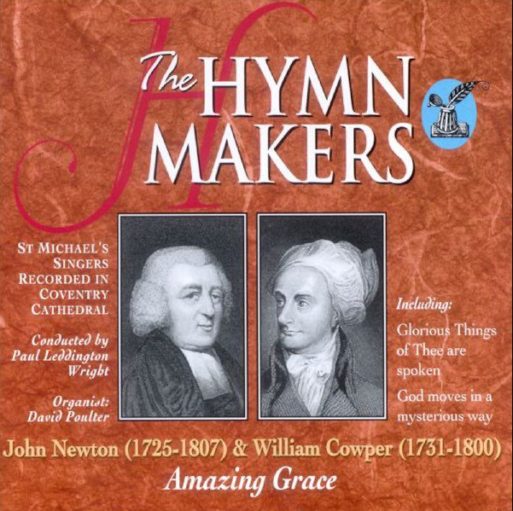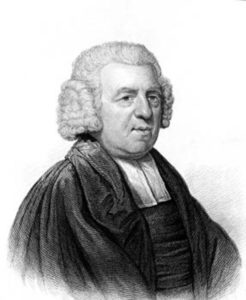
My grandmother was a sweet, gentle soul. She never lived in a town with a population greater than 2,000 people. She was awed by the progress she saw in her life. When she was little, most people used horses and buggies to get around; later, she would see men walk on the moon. Grandma had a wry sense of humor and loved to hear and tell jokes.
But as age took its toll on her and her health began to fail, she liked having me sing to her. Her favorite song was “Amazing Grace;” to her, it highlighted the true meaning of Christianity. When my grandmother died, it was one of her funeral songs.
My grandmother was not alone in her love of this song. One biographer of John Newton, the song’s author, estimates that “Amazing Grace” is played 10 million times each year. Who can forget President Obama singing it for the Reverend Clementa Pinckney after he was gunned down in a church massacre?
As popular as “Amazing Grace” is right now, it had a very unlikely beginning. The author, John Newton (1725-1807) began his career by being conscripted into the Royal Navy. Once he had served his time, he signed on with an Atlantic slave ship. At that point, religion was not even on his radar. If asked, he claimed to be an atheist.
One night in 1748, his ship was caught in a terrible storm. Newton prayed to be delivered and survived the storm. He started reading the Bible, but did not stop working as a slaver. He suffered a stroke, which ended his career as a sailor in 1754. He continued to invest in the slave trade, however.

Credit: biography.com
It was 34 years after his conversion that he finally denounced the slave trade, stating, “It will always be a subject of humiliating reflection to me that once I was an instrument in a business which now makes my heart shudder.”
Newton wrote “Amazing Grace” as a poem in 1773. It received a lukewarm welcome. It was set to several pieces of music, but nothing caught listeners’ attention. Newton did not live to see his biggest triumph when his poem became associated with the tune “New Britain.”
Somehow, the sweet, soulful music and Newton’s lyrics worked, and a hit was born. Nowadays people sing “Amazing Grace” during church services, wedding ceremonies, and as funeral songs. It brings relief to the sick and comfort to the sad. Perhaps the second verse best describes the impact of the song on listeners and on the author himself.
“’Twas grace that taught my heart to fear,
And grace my fear relieved.
How precious did that grace appear
The hour I first believed.”

 “Amazing Grace” by John Newton
“Amazing Grace” by John Newton


 How Dare You Die Now!
How Dare You Die Now!
 Debating Medical Aid in Dying
Debating Medical Aid in Dying
 “Help Me, Helen”
“Help Me, Helen”














